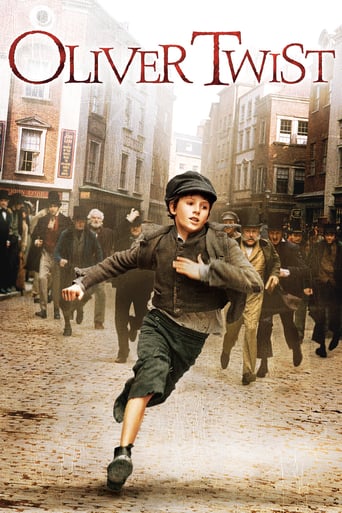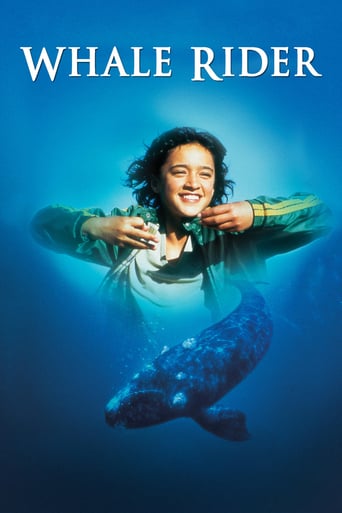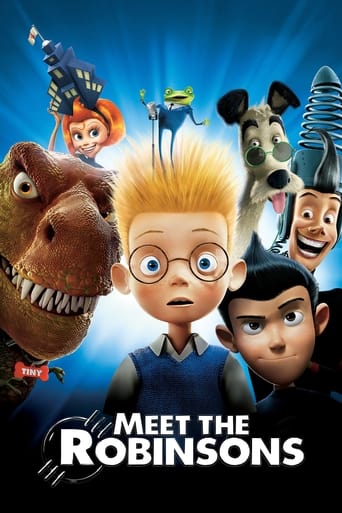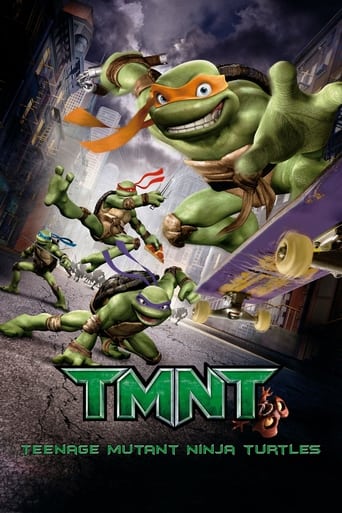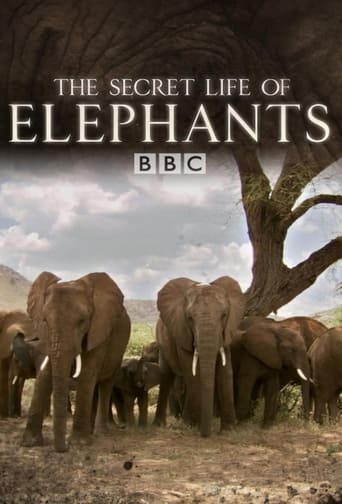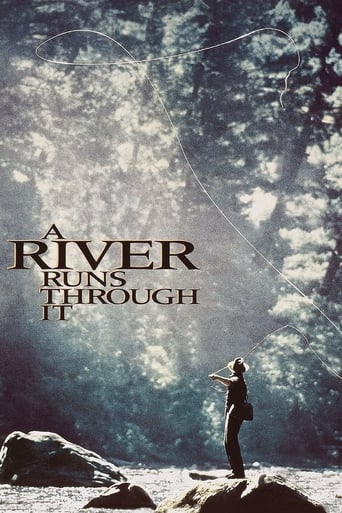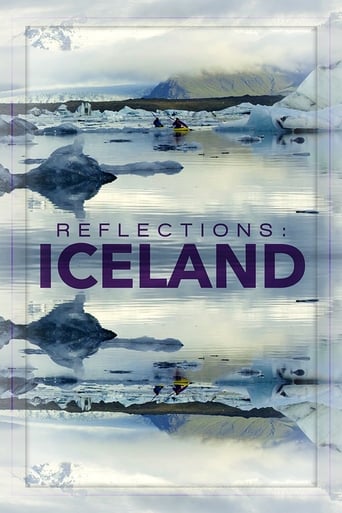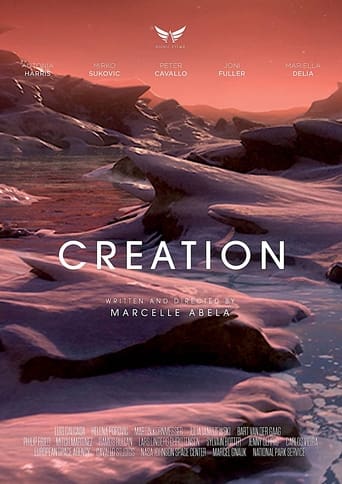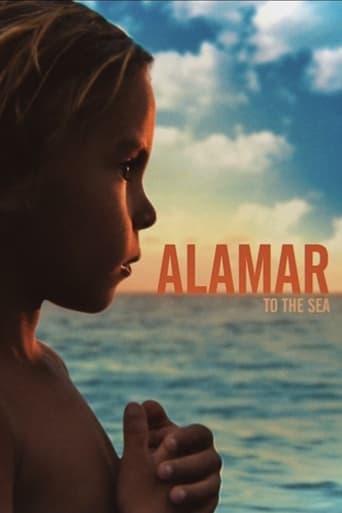
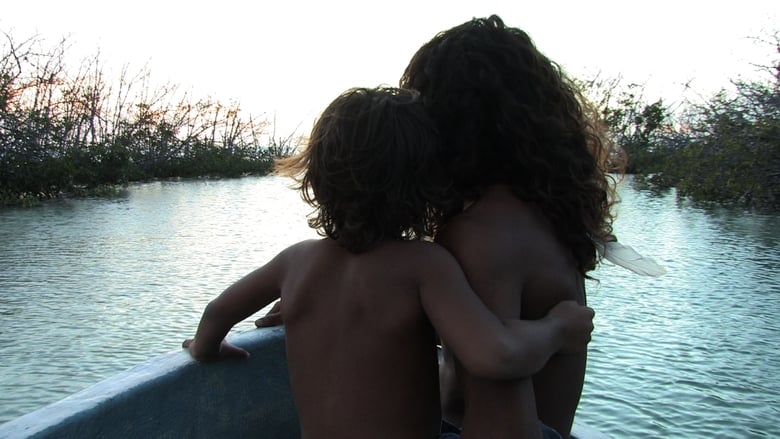
To the Sea (2010)
Before leaving for Rome with his mother, five year old Natan is taken by his father, Jorge, on an epic journey to the pristine Chinchorro reef off the coast of Mexico. As they fish, swim, and sail the turquoise waters of the open sea, Natan discovers the beauty of his Mayan heritage and learns to live in harmony with life above and below the surface, as the bond between father and son grows stronger before their inevitable farewell.
Watch Trailer
Cast


Similar titles
Reviews
Feelings of great emotiveness immediately come to mind when thinking of Alamar. A fantastic documentary style film, Alamar deals with human relationships in a frank and moving manner.Beginning with Jorge speaking openly about his self criticism as a Father, Alamar goes into a short montage of pictures, achieve footage and music setting the emotive tone of the film as we are given the back-story of Jorge's failed relationship with Roberta, in which they produced a son. It's both beautiful to watch whilst saddening as we know it all came to an end which leads to the core focus of Alamar, a brief holiday between Jorge and his son Natan before departing from each other once more.The visual element of Alamar is the most powerful tool in conveying the relationship between Father and Son. The dialogue takes lower standing to this as the focus is placed on the pair interacting in the moment, Jorge holding his sleeping boy on a boat tenderly stroking his arm and later on teaching Natan how to swim underwater. These two examples are a small amount of organic situations in which Alamar focuses on making the viewing experience a vastly rich one. The hand held cinematography has to take credit also, making us become intimate with the people involved due to the cameras close proximity. One moment where Jorge's friend Matraca says directly to the camera, "I miss you, I adore you, I love you" makes us feel the love and lost he feels that would not have been achieved in any other form of cinematography.As well as being taken on an intimate ride with Jorge, Natan and Matraca on a emotional level Alamar can also been seen as a film of self discovery as like Natan, we are strangers to the ways of life in his Father's home of Banco Chinchorro. Here we learn at the same pace as Natan how the locals fish for their food, knowing where to stay clear of Crocodiles and study the mannerisms of an Egret. Jorge instills into Natan much knowledge that we also gain.If you are to fully understand and enjoy this feature then you have to require an appreciation of all that Alamar embodies. It is a film of such tranquillity, beauty, knowledge and raw human emotion that the viewer should let themselves be taken in by in order to feel Alamar's brilliance.
Wow like the postcard said "WISH I WAS THEIR", simply irresistible, loved it up until I saw the crocodile munching fish, imagine falling in that water OMG.... had me for a while I took swimming anytime day or night out of the equation. but honestly the best viewing ever, please make part 2, I do believe movies/documentaries of this nature should be made more often, amazed of the way the locals absorbed their day to day rooted lifestyles, carefree and what seemed to me as contented, without any hassles of the very fast western way of life, so no one really needed to utter a word, Oh and the hunt to find the white egret Blanquita, love you Blanquita, Im going to buy myself a white hamster and call it well what do you think!, I really would love to meet the cast of this film. well done guys
Named as the film of 2010 by a site in which I invest some credence, Alamar was something I was keen to seek out and take in, its status as an is-it-isn't-it-documentary an added factor to its appeal.Leaving the urban residence of his mother to spend time with his father and grandfather off the Mexican coast, Natan experiences the wonders of unadulterated nature in this tiny fishing community.There has been some degree of questioning as to whether Alamar ought to be classed as a documentary, owing perhaps to its lack of a distinct narrative as such. Certainly the lifestyle it portrays and documents is a real one, lived by real people in the real world. The names of the performers seem to suggest that this is a real family, Natan the actual son of these parents rather than simply playing the role. Maybe it is a documentary. Maybe there is fictionalisation; maybe this sets it apart and classifies it as a narrative film. The one thing I can say for sure is that whether it is documentary or not is irrelevant. It matters not in the slightest whether this story is a reality, whether these people really relate to each other, whether they are paid actors, for so engrossing, engaging, endearing, and enthralling is the film that we are made to feel almost as though we are right there with them every step of the way as they travel from city to sea, from urbanity to rurality of the most secluded sort imaginable. To call the film's cinematography majestic would be to call the ocean which plays such a huge part in its beauty wet: a gross understatement. Each frame lovingly captures the dazzlingly effulgent seascapes, every second of audio the enrapturing calm, the comforting hush. The phrase "words can't describe" is tossed about all too often, almost stripped of the true significance of its meaning, but it can be put to use here without even the slightest suggestion of hyperbole. Words cannot describe the encompassing wonder of the images and sounds captured; indeed, it seems only film can do so. One gets a sense that it is exactly this kind of task for which the medium was envisaged: to present that which can be expressed, be conveyed, be imagined in no other way. There is a complex simplicity to the way of life Alamar depicts, a system of frugality and self-sustenance which is deeply humbling, even moving, to witness. Sitting there, watching this astounding film portray this astounding life on my fancy television and DVD player in my suburban home, all but indistinguishable from the hundreds of clones around it, tears of joyous appreciation graced my cheeks; tears of recognition, of understanding that there remains such vast and astounding beauty in the world. For some 73 minutes I was transported into another life, a life wherein I could appreciate something completely different. Many would describe it as a basic existence, but it is so much more than that. So much more. To see the young Natan revel in the regal splendour of the bird he declares "Blanquita" is to be transported mentally, emotionally, philosophically, to an entirely different plane. Words may not be able to describe the feelings which this emotional experience engenders, but one word can sum up precisely the experience itself: cinema. Purely and simply, this is cinema; this is its power, its potential realised.Writing about Alamar, thinking about it and picturing once more its perspective-altering images makes me immediately want to turn my back on everything I know and live life as these people do, out in the great wild open. Thankfully, I can do just that with the film, for so powerful is its effect, if only for 73 minutes...
A small film beautifully shot in a Caribbean fishing village. So reductionist it replaces conventional plot and dialog with largely wordless relationships between a small boy (visiting from Italy) and his Mexican father and grandfather. Such dialog as there is consists entirely of everyday conversation as the three snorkel, fish, clean their catch, cook meals together, and generally go about their daily routine. The modesty of the film's ambition is matched by the simplicity of the life style it depicts.Ultimately, however, this film leaves the viewer unsatisfied. Narrative film making requires more than a bucolic setting and mundane interactions between the characters.



